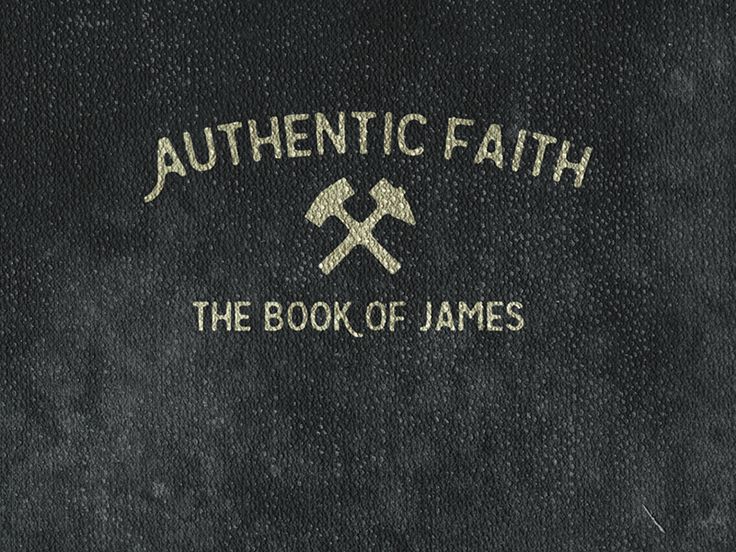 9/3/17–Controlling the Tongue–Pastor Nicholas
9/3/17–Controlling the Tongue–Pastor Nicholas
Description
9/3/17--James 3
James 3
3 Not many of you should become teachers, my brothers, for you know that we who teach will be judged with greater strictness. 2 For we all stumble in many ways. And if anyone does not stumble in what he says, he is a perfect man, able also to bridle his whole body. 3 If we put bits into the mouths of horses so that they obey us, we guide their whole bodies as well. 4 Look at the ships also: though they are so large and are driven by strong winds, they are guided by a very small rudder wherever the will of the pilot directs. 5 So also the tongue is a small member, yet it boasts of great things.
Premise--all disciples discipling
- Fundamental to this passage are two highly-related comments about the nature of our Christian experience: becoming teachers, and the power of our speech. Whether we would like to admit it or not, as we mature in Christ and through Christ’s indwelling presence, we, each one of us, is being called. And these calling, although unique, are unified. We are, each one of us, being called to become teachers. Now, when I say this so many of us might squirm, for we know that we who teach will likewise be judged with a greater strictness, but this does not divert the inexorable reality of our relationship to God and ourselves. Absolutely central to maturation, utterly necessary to our growth and development in Christ is this simple, inescapable fact: we are called to be a disciple. In order to be a disciple, a God-fearing, Christ-follower, we must become a teacher. Being a disciple implies that just as we are learning, being trained by God and His Word, that we are also involved in teaching, disciples ourselves and others in who God His and who we are in Him. I say this emphatically in order to sidestep one of the issues with James 3:1-5.
There is a latent, if not more asserting attempt to make this passage an exhortation for a specific group of people within Christ’s body, as if this passage were only for those who would call themselves teachers. And, on the face, that may be an appropriate way for us to accept the face of this text. However, we would do well to recognize that verse one is intimately entwined to verses 2-4. Because of this, for us to sever the teaching about becoming teachers from the teachings about the important power of the tongue, we will miss the heart of the point that God and the Spirit has for us in this book.
Recall that James has just spent the last several verses dealing with the topic dead faith, faith without works. And to defend his point that faith without works is dead, James is thorough to explain that faith that is simply believed and not acted out in a life of obedient praise is, ultimately, a dead life, a lifeless faith, and will result in eternal separation and death apart from God.
Now, James turns his attention to face the tongue, speech, the power of communicating through language, spoken or written or sung. And his point here, if we are examining it within its context, is that we are each of us a part the ‘we who teach.’ In the sense, that we are all judged with a greater strictness in how we would use our mouths and the things we speak. Now, the idea of becoming a teacher implies a progression or a training, a chrysalis into butterfly thing--but what I think is that James is simply raising an argument about the important, the power of the mouth, the power of speech, the magnitude of our tongues in the process of leadership and teaching. And, I think it is absolutely appropriate to think that James is talking to all of us--for everyone of us is to become a teacher.
All becoming teachers
- As James begins with the exhortation that not many should become teachers, he does so with the thought that teachers are at-once necessary and present. In a sense, he is warning us that we who teach will be judged with greater strictness, so be humble in fact that you are a teacher. We sometimes believe this passage is telling us to be wary of becoming teachers, instead, I believe it is an admission that we already are teachers, and that we need to be aware of the gravity of that task and role in our lives and in the lives of those we are blessed to teach.
His tie in this, the piece that connects it all together is this:
- For we all stumble in many ways...
His point, that we all stumble in many ways, is not so much an admission, as it is a premise, the first piece of an argument that he will be making about the power of the tongue.
Those who do not stumble in what they say...
- After confessing and normalizing that we all stumble in many ways, as if this were just a given in being a human, James makes a profound statement that we will spend the rest of our time today examining, playing with, and considering.
“And if anyone does not stumble in what he says, he is a perfect man, able also to bridle his whole body.”
The whole body is bridled by the person who does not stumble in what he says. In case that's not sinking in, let me sit in another way. James is a serving, in no uncertain terms, that the person who is able to control his tongue will not stop Dumbo. Did you get that? The person who is able to control how they talk what they talk about is able to be stable in a life that is so unstable. Let me say that one more time: the person who is able to control what he says, and how he says it, is stable. Now we can see, that would change is talking about when he speaks about not many of us should become teachers, is he is confessing. So many of us struggle with the very same things. How many of us are loose lips, gossipers, slanderers, not nice, unkind, cruel, or harsh, or just simply don't think before we speak. I am guilty. I am in offender in this regard. I so often have to use my mind to catch up to my mouth that it's almost like I'm being pulled. And that's the point James is making that it's possible to believe in Jesus, to live a life of obedience faith in the works, and yet we are enslaved to our wandering tongues, and loose lips. It's as if the things we say and get away from us. And we want to bring them back in, but we cannot because once the words leave they are out there. Once the words leave our lips and enter into the world, they are no longer our own, they are powerful, they are real. And that's the real gravity of this passage. Let us not be distracted by his assertion about teachers. Rather, let us be reminded that what he's talking about is for all of us that we are all responsible for what we say. For what we speak say speaks volumes about who we are.
Bits and bridles
3 Not many of you should become teachers, my brothers, for you know that we who teach will be judged with greater strictness. 2 For we all stumble in many ways. And if anyone does not stumble in what he says, he is a perfect man, able also to bridle his whole body. 3 If we put bits into the mouths of horses so that they obey us, we guide their whole bodies as well. 4 Look at the ships also: though they are so large and are driven by strong winds, they are guided by a very small rudder wherever the will of the pilot directs. 5 So also the tongue is a small member, yet it boasts of great things.







